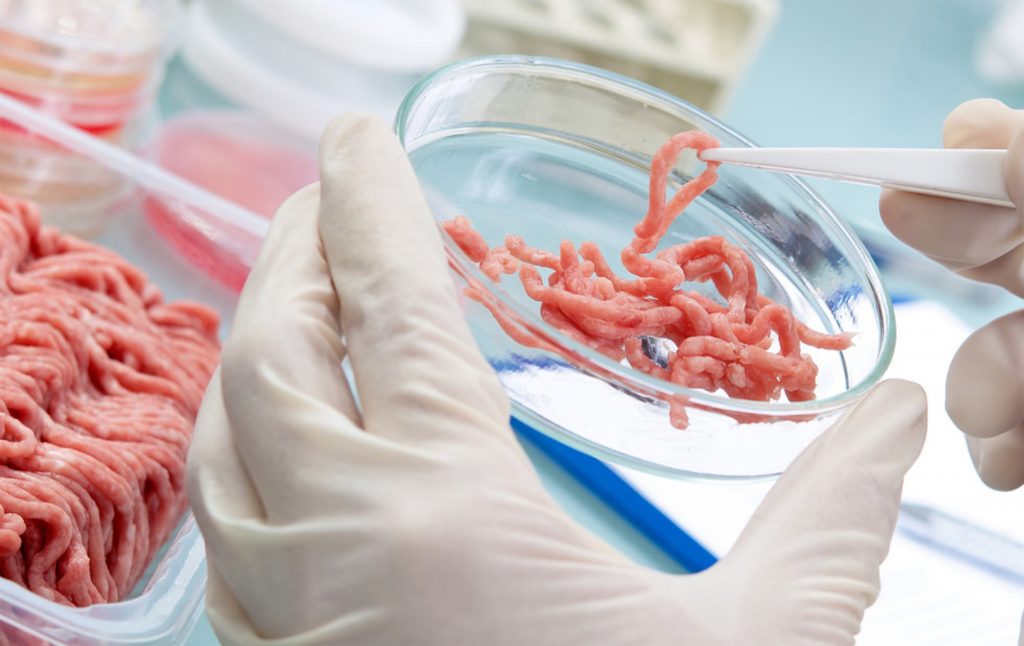Okay would you eat meat that originates from a petri dish?
That is the issue that Faunalytics, a not-for-profit inquire about association, and the Good Food Institute presented in another review on 1,200 Americans. Also, the appropriate responses they got could indicate another future for the nourishment business.
Most members had never known about “clean meat” previously—i.e., meat that originates from creature cells however is developed in a lab—yet in the wake of hearing more about it, 66 percent of them said they were ready to attempt it in any event once, and 46 percent said they’d get it frequently. The key, analysts discovered, lies in the informing.
While names like “in vitro meat” and “lab meat” can read as off-putting, unnatural, and simply absolute gross, “clean meat” gets at the genuine purpose of the item: to develop meat without the anti-toxins and hormones you’d find on an industrial facility cultivate. Testing individuals’ impression of “normal” and representing most feedlots approach characteristically unnatural practices was the best method to showcase this item, the study found.
Driving with the potential natural advantages of developing meat in a lab worked as well, and 73 percent of those surveyed left sure that it would nourish a developing world utilizing less land and water and less carbon outflows.
Today, there are a bunch of players in the spotless meat diversion, and they each have distinctive assessments for when their item will be prepared for open utilization. Memphis Meats, which is upheld by Tyson Foods, expects to get its mercilessness free poultry items into supermarkets by 2021, Finless Foods needs its lab-developed bluefin fish to hit the market by late 2019, and JUST Meat and Mosa Meat say their meat will be accessible when not long from now.
“Some portion of it is extremely that I think everyone in the business, in any event the general population I’ve conversed with, understand that domesticated animals meat generation will turn into an issue, and there’s as of now no great answer for it,” Mark Post, the Dutch immature microorganism specialist who established Mosa Meat, disclosed to Fast Company of the motivation for his item. To begin, he will disclose his spotless meat ground sirloin sandwich in claim to fame eateries crosswise over Europe.
At the point when lab-developed meat hits our plates, it will probably appear as burgers and ground hamburger first, since specialists haven’t yet made sense of how to deliver greasy cuts of meat like steak in a lab. What’s more, the cost of these items will probably keep on going down as the innovation used to enable creature cells to duplicate and transform into muscle tissue turns out to be more reasonable (yet at the present time, Post says his burger could retail for around $10).
Considering the National Academy of Sciences predicts that perfect meat will be one of the buzziest biotech results of the following decade, we’re presumably going to hear much more about this, um, succulent subject.
